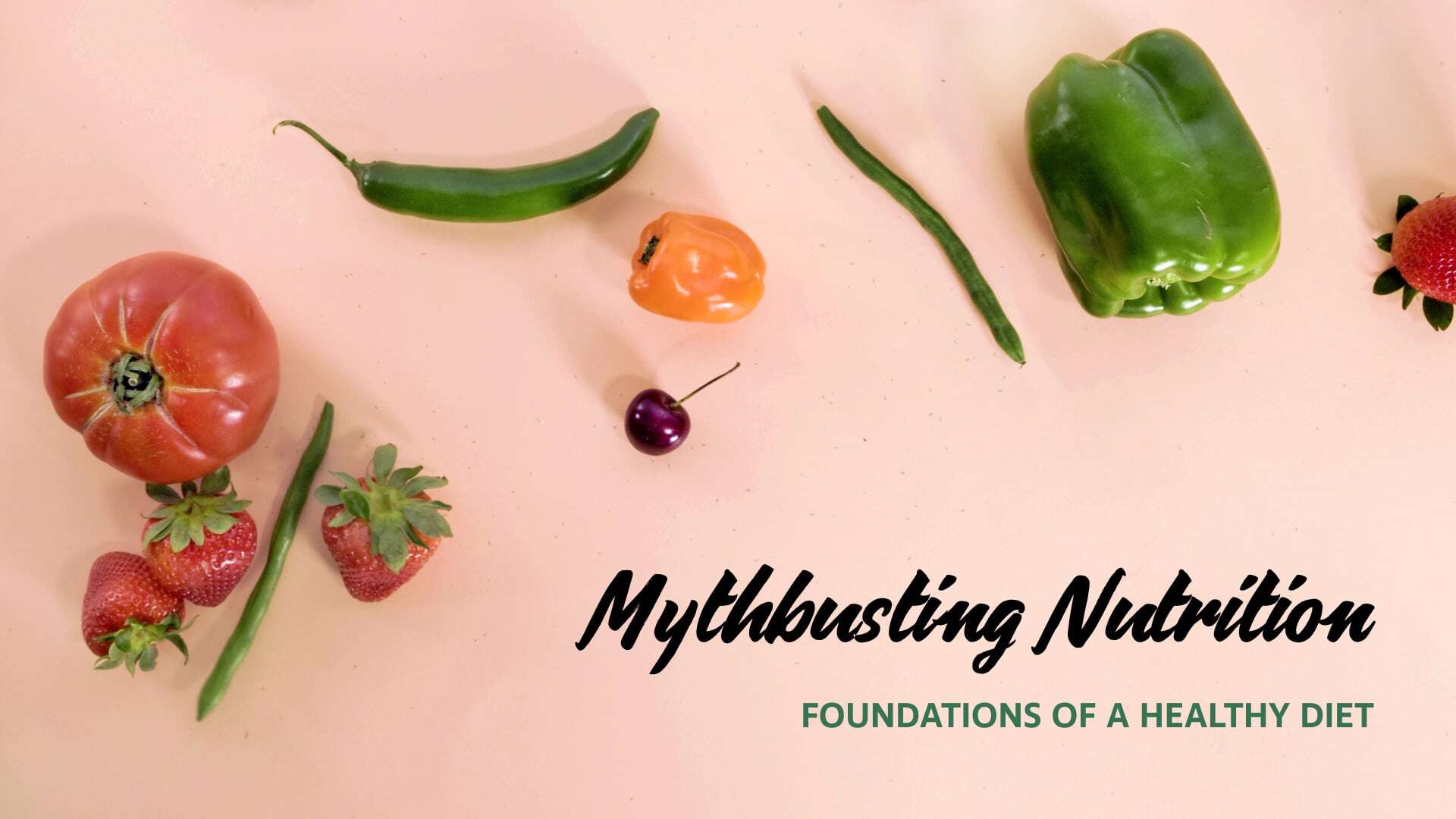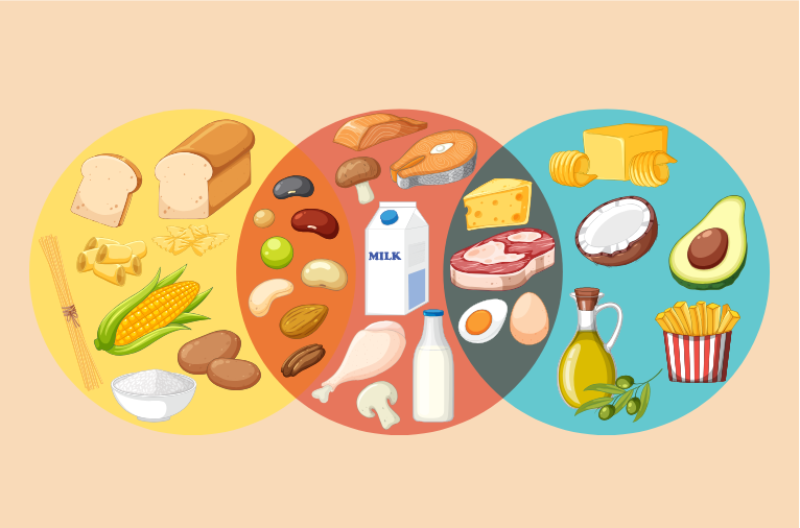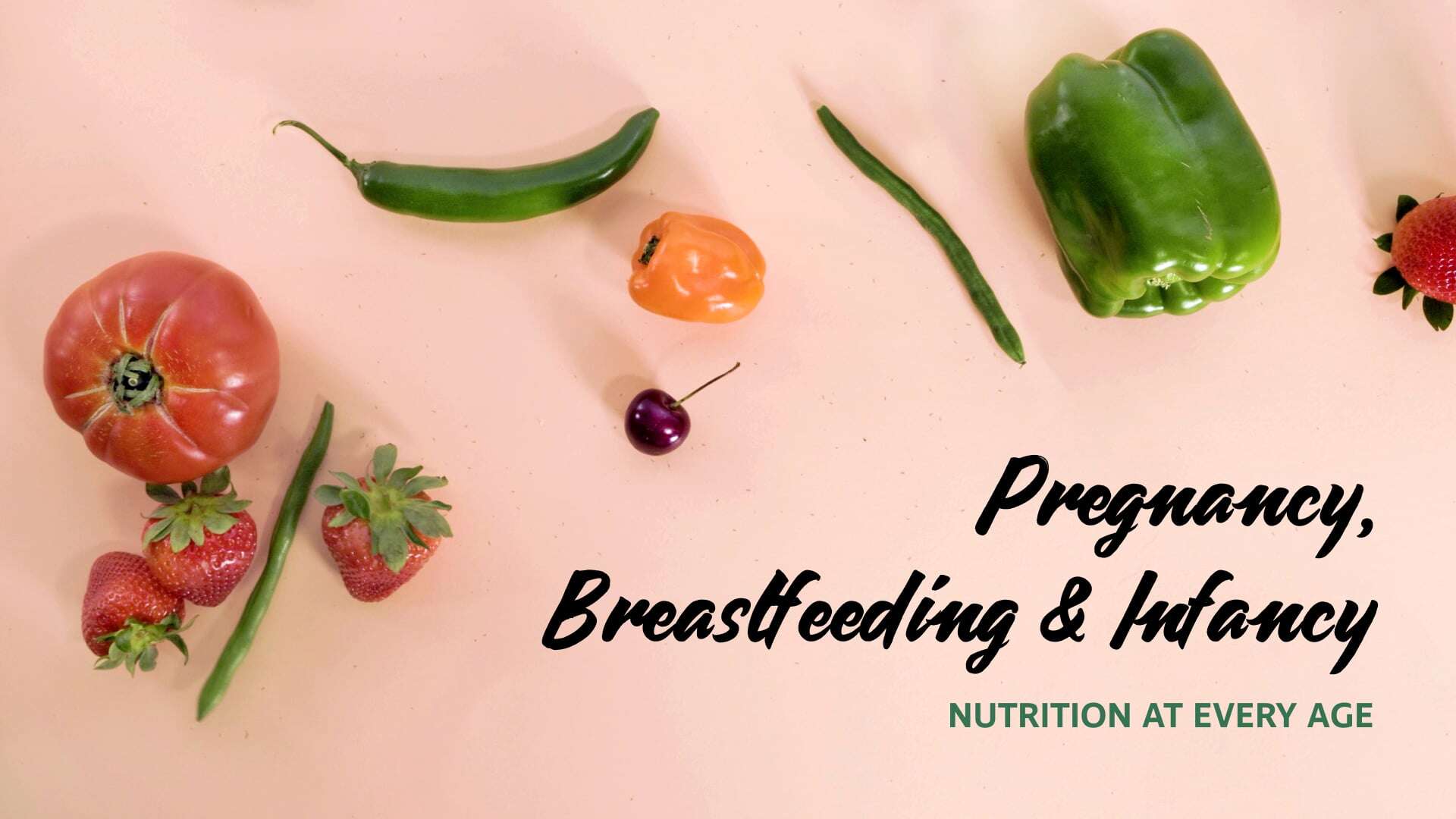Mythbusting: Separating Nutrition Fact from Fiction

The world of nutrition is filled with myths and misconceptions, often perpetuated by social media, health gurus, and popular culture. These myths can confuse and mislead people, causing them to make decisions based on incorrect or incomplete information. Whether it’s the fear of eating certain foods or the widespread acceptance of trendy diets, it’s essential to question these myths to make informed, healthy choices.
This article aims to tackle some of the most popular myths in nutrition, debunking them with science-backed facts. By clearing up common misconceptions, we can empower ourselves to make smarter, more sustainable decisions about our health and nutrition.
Myth #1 - "Fat Is Bad for You"
For many years, fat was demonised as the primary cause of weight gain and poor health. The rise of low-fat diets and fat-free food products in the 1990s contributed to the belief that fat should be avoided at all costs.
The truth is, fat is essential for good health. It plays a critical role in the absorption of fat-soluble vitamins like A, D, E, and K, supports cell structure, helps produce hormones, and provides a steady source of energy. The key, however, is understanding which fats are beneficial and which ones should be limited.
- Healthy Fats: Unsaturated fats, including monounsaturated fats (found in olive oil, avocados, and nuts) and polyunsaturated fats (found in fatty fish like salmon), are beneficial for heart health. Omega-3 fatty acids, in particular, play a significant role in reducing inflammation and lowering the risk of heart disease.
- Saturated Fats: These fats, found in animal products like butter, cheese, and red meat, have been linked to increased cholesterol levels when consumed in excess. However, they are not inherently harmful when consumed in moderation, particularly when paired with other healthy fats.
- Trans Fats: These artificial fats, found in processed foods and margarine, should be avoided altogether due to their harmful effects on cholesterol levels and heart health.
Fats are not the enemy; they are a crucial part of a balanced, healthy diet. The focus should be on choosing healthy fats and limiting trans fats and excessive saturated fats. Embrace fats as part of a nutritious diet for long-term health.

When it comes to fats, opt for foods high in unsaturated fat where possible as these typically provide a wide range of additional nutrients such as vitamins, minerals and antioxidants.
Myth #2 - "Bread Is Bad for You"
Bread has been unfairly demonised, especially with the rise of gluten-free and low-carb diets. Many people believe that bread is inherently bad for health, often associating it with weight gain and poor digestion.
Not all bread is created equal. The difference lies in the type of bread you consume:
- Refined Bread: White bread, made from refined flour, lacks essential nutrients such as fibre, vitamins, and minerals. It can cause rapid spikes in blood sugar and lead to increased hunger and cravings, contributing to overeating.
- Whole Grain Bread: Whole grain bread, made from unrefined flour, is rich in fibre, antioxidants, and essential nutrients. It supports digestion, helps regulate blood sugar levels, and provides long-lasting energy.
- Gluten-Free Bread: While gluten-free bread is necessary for individuals with coeliac disease or gluten sensitivity, there is no evidence to suggest that gluten-free diets are healthier for the general population.
Bread, when consumed in the right form, can be a nutritious and healthy addition to your diet. Opt for whole grain varieties over refined bread to reap the maximum benefits.

Health problems lie less with specific foods and more with patterns of eating over time, including excess intake of discretionary foods and inadequate intake of nutrient-dense foods.
Myth #3 - "Eating Clean and Organic Is Always Better"
The clean eating movement, which promotes eating only fresh, organic foods, has gained significant traction in recent years. Many people believe that organic food is superior to conventionally grown produce, but is this really the case?
While organic foods may have some benefits, they are not always superior to conventionally grown foods in terms of nutrition:
- Nutritional Differences: Research shows that the nutritional difference between organic and non-organic produce is often minimal. Both types can provide a wide range of essential vitamins, minerals, and antioxidants.
- Pesticides and Chemicals: Organic produce is grown without synthetic pesticides, which some consumers prefer. However, conventional produce undergoes strict regulations to ensure that pesticide levels are safe for consumption.
- Cost and Accessibility: Organic foods tend to be more expensive and may not be accessible to everyone. The focus should be on consuming a variety of nutrient-dense foods, whether organic or conventional, to ensure a balanced diet.
While organic foods can be a good choice for some, they are not always nutritionally superior to conventional produce. The key is to eat a wide variety of nutrient-dense foods, regardless of whether they are organic or not.
Myth #4 - "Fresh Is Better Than Frozen"
There’s a common belief that fresh produce is always better than frozen. Many people think frozen fruits and vegetables are inferior in terms of nutrition and taste.
In reality, frozen produce can be just as nutritious as fresh:
- Nutrient Retention: Freezing preserves the nutritional content of fruits and vegetables, especially when they are frozen shortly after harvest. In fact, freezing can sometimes preserve nutrients better than fresh produce, which can lose vitamins and minerals during transport and storage.
- Convenience and Cost: Frozen fruits and vegetables are often more affordable, have a longer shelf life, and are more convenient. They’re available year-round and can be stored in large quantities without worrying about spoilage.
Frozen fruits and vegetables are just as nutritious as fresh ones. They can be a convenient, cost-effective, and practical addition to your diet, without sacrificing nutrition.
Myth #5 - "Negative Calorie Foods Are Best for Weight Loss"
The concept of "negative calorie foods" suggests that certain foods, like celery and cucumbers, require more energy to digest than they provide in calories. But is this really true?
- No Such Thing as Negative Calorie Foods: All foods contain some calories. While some foods are lower in calories and help with satiety, there is no scientific evidence to support the idea of negative-calorie foods. Instead, foods like celery, cucumbers, and lettuce can help fill you up with fewer calories, but they still contribute to your daily calorie intake.
- The Real Secret to Weight Loss: Sustainable weight loss is achieved through a balanced, calorie-controlled diet combined with regular physical activity. Instead of focusing on mythical negative calorie foods, aim to incorporate nutrient-dense, low-calorie foods that support long-term health and weight management.
Rather than focusing on the myth of negative-calorie foods, it’s more effective to incorporate a variety of nutrient-rich, low-calorie foods into your diet to support weight loss in a healthy and sustainable way.

Lettuce is another example of a popular “negative calorie” food, but it is simply a low-calorie food containing fibre and water that may help with feeling full and therefore aid weight loss.
Myth #6 - "Food Sources Are Better Than Supplements"
It’s often claimed that food sources are always better than supplements for obtaining nutrients, but this is not always the case.
- When Supplements Are Necessary: While whole foods should be the primary source of nutrients, supplements can be beneficial in certain cases, such as for people with specific nutrient deficiencies or dietary restrictions (e.g., vitamin B12 for vegans or vitamin D for individuals with limited sun exposure).
- Bioavailability of Supplements: Some supplements can be more easily absorbed by the body than the nutrients found in food. For example, folic acid, the synthetic form of vitamin B9, is more bioavailable than folate found in food.
While food should be the primary source of nutrients, supplements can be helpful in addressing specific deficiencies. Always consult with a healthcare provider before taking supplements.

Supplements can sometimes be more effective for absorbing nutrients than food sources. Curcumin, a supplement derived from the spice turmeric, is one example of this.
Myth #7 - "Skipping Meals Helps You Lose Weight"
The idea that skipping meals, especially breakfast, can lead to weight loss is a common myth. Many believe that eating less often will help them shed pounds.
- Impact on Metabolism: Skipping meals can actually slow down your metabolism, leading to overeating later in the day. Regular meals help maintain consistent energy levels, prevent overeating, and support metabolic health.
- Meal Timing and Weight Loss: Weight loss is more about the quality and quantity of the food you eat, not about skipping meals. Focus on eating balanced meals and snacks throughout the day to keep your metabolism running efficiently.
Skipping meals is not an effective or healthy weight-loss strategy. Instead, focus on eating balanced meals regularly to support a healthy metabolism and sustainable weight loss.
Nutrition is often clouded by myths and misconceptions, but armed with the right knowledge, we can make healthier choices and debunk the falsehoods that surround diet and food. By focusing on science-backed facts, we can separate myth from reality and adopt sustainable, evidence-based approaches to nutrition.
Remember, nutrition is not about quick fixes or restrictive trends but about making informed, long-term choices that support your health and well-being.
Ready to take control of your health and career?
Download the course guide now to learn more about Ulleo's Health & Nutrition Short Course. Whether you’re looking to improve your personal health or kickstart a career in health and nutrition, this course will provide you with the knowledge and skills to succeed.

